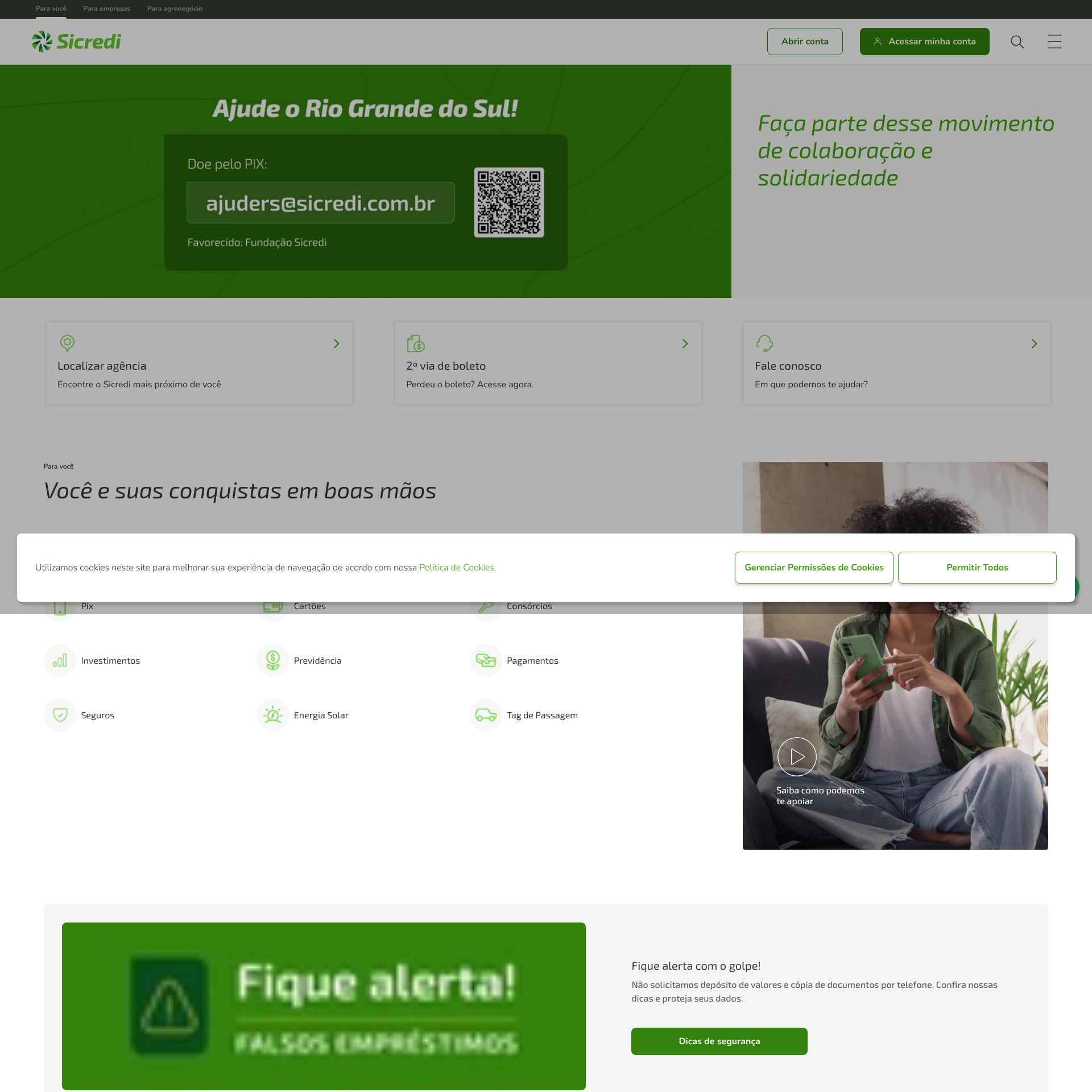
Accounting is a critical aspect of any small business, as it plays a vital role in ensuring the smooth functioning and financial health of the organization. When it comes to handling accounting responsibilities, businesses have two main options: in-house accounting or outsourcing the task to a professional service provider. In this article, we will explore the pros and cons of each approach to help you make an informed decision for your business.
Pros of In-House Accounting:
One of the key advantages of in-house accounting is that it offers a more predictable cost structure compared to outsourcing. With in-house accounting, you have more control over the costs and can allocate tasks as needed without being limited by predefined packages. This also provides more flexibility and freedom in managing your accounting needs.
In-house accounting is convenient and offers a faster turnaround time for addressing financial issues, as you can simply walk to the next office to discuss any concerns. Additionally, having an in-house accountant gives you more control over the accounting processes and ensures a higher level of security and transparency in financial management.
Cons of In-House Accounting:
However, in-house accounting may have some drawbacks, such as lower value during periods of low business activity, leading to higher costs and reduced benefits. Moreover, managing employee benefits, office space, and software for an in-house accountant can be costly and time-consuming for small businesses.
Pros of Outsourced Accounting:
Outsourcing accounting services can save businesses valuable time and resources by reducing overhead costs associated with hiring and maintaining in-house staff. It also allows for scalability and growth without the need to invest in additional resources, as outsourced professionals can provide ongoing support as the business expands.
Outsourced accounting services offer access to a wide range of reports and financial analysis on a regular basis, helping businesses make informed decisions and plan ahead. The accuracy of financial information provided by outsourced professionals can also enhance the credibility of the business and facilitate better decision-making.
Cons of Outsourced Accounting:
One potential downside of outsourcing accounting is the additional cost that may arise if the current service package is insufficient and requires upgrades. Communication with outsourced accountants may not be as immediate as with in-house staff, leading to delays in resolving issues or obtaining information. Additionally, time zone differences can result in slower responses to urgent requests for financial data or analysis.
Conclusion:
In conclusion, the choice between in-house and outsourced accounting depends on the specific needs and goals of your business. While both options have their advantages and disadvantages, it is essential to consider factors such as cost, convenience, control, and communication when making a decision. Opting for a local professional, such as a Fort Worth CPA if you are in the area, can help minimize communication delays and ensure efficient handling of accounting tasks. Ultimately, choosing the right accounting solution will depend on finding a balance between your business requirements and the expertise of the service provider.

